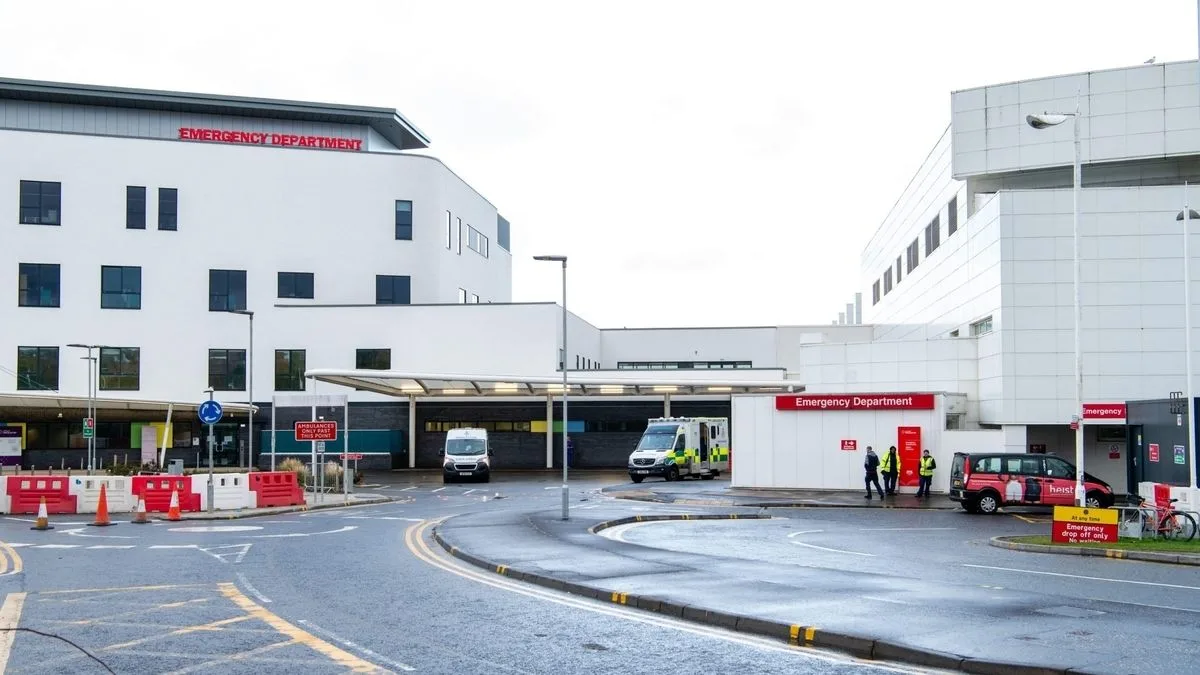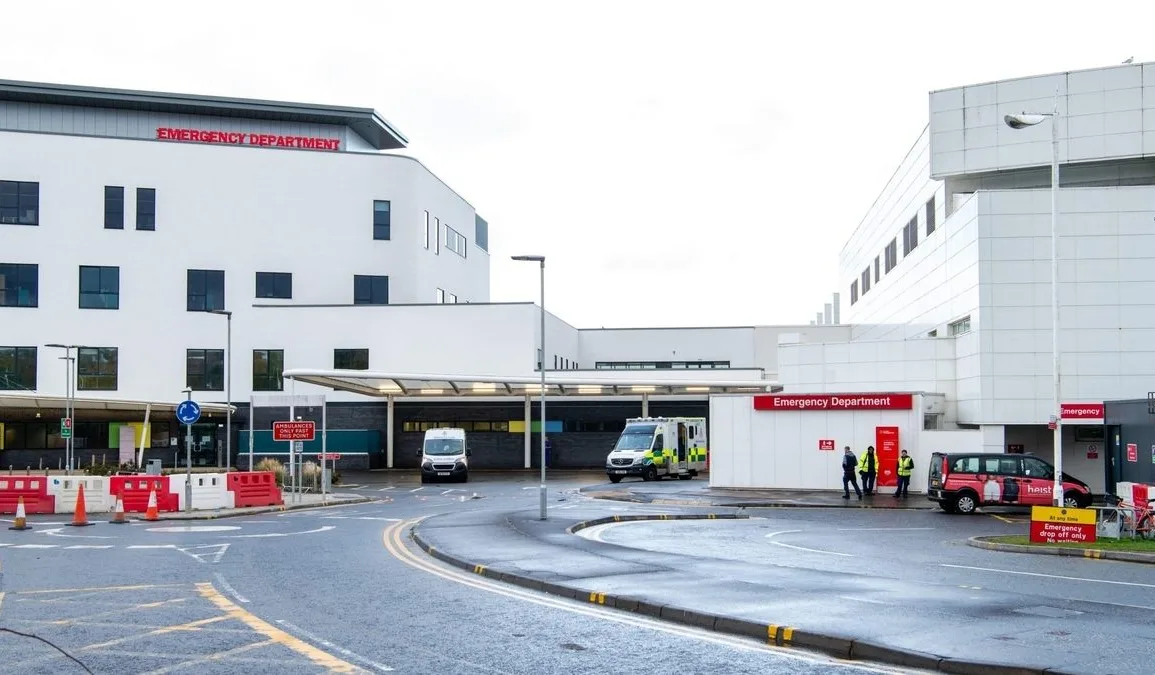
John Connaghan, chairman of NHS Lothian, recently made headlines by formally apologizing for the Royal Infirmary of Edinburgh’s historical financial ties to slavery. This gesture was part of an announcement of a new reparations scheme, designed to address the hospital’s past while sparking a debate on the allocation of current resources within the NHS.
Historical Ties Unveiled
The Royal Infirmary of Edinburgh’s connection to slavery was brought to light following a report that detailed how the hospital was part-funded by a slave plantation in the 18th century. NHS Lothian’s board took a bold step by publicly acknowledging these ties and proposing a reparations plan. This plan includes sending NHS staff to work in hospitals near the former Red Hill pen in Jamaica and commissioning new artworks, with funding expected to come mainly from NHS Lothian’s official charity.
Controversy and Criticism
The health board’s decision, however, has not been without its detractors. Stephen Kerr, a Tory MSP, criticized NHS Lothian for focusing on historical issues rather than addressing the current ‘turmoil’ in the health service. With NHS Lothian facing a £133 million funding gap, there are concerns that resources might be diverted from critical healthcare services to fund the reparations initiative. Kerr’s comments reflect a broader debate on the prioritization of healthcare resources, especially in times of financial constraint.
Looking Forward
Despite criticism, NHS Lothian is moving forward with its plan, emphasizing the importance of acknowledging and making amends for historical wrongs. The reparations scheme stands as a testament to the hospital’s commitment to addressing its past, even as it navigates the complexities of modern healthcare challenges. As the debate continues, the implications of this decision for NHS Lothian and its stakeholders remain to be fully seen. The initiative may set a precedent for how institutions with similar historical ties approach reparations and memory work in the future.
This bold move by NHS Lothian invites reflection on how societies and organizations reckon with their histories. While some view the initiative as a diversion from pressing current issues, others see it as a necessary step towards healing and restitution. As NHS Lothian embarks on this journey, the broader implications for healthcare prioritization, historical accountability, and community relations will undoubtedly continue to unfold.


